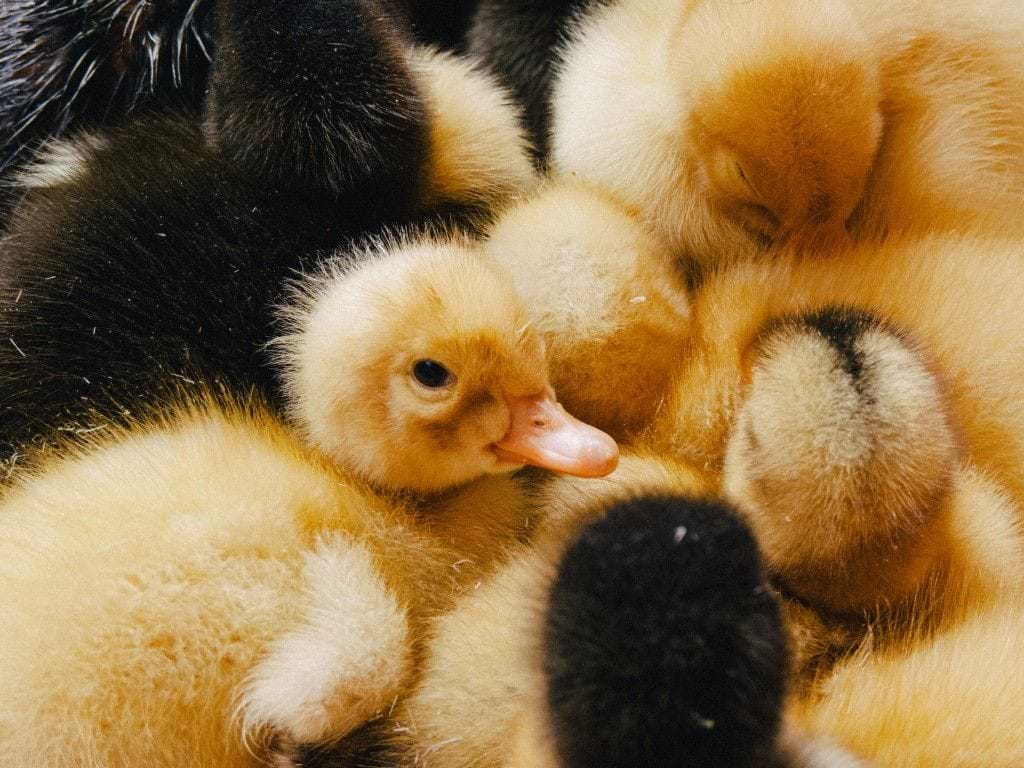World Vegan Dayis an annual event, celebrated all over the world by vegans on the first day of November.Vegan means eliminating animal products from your diet: not only meat and fish, but dairy products and even foods such as honey. That's no easy task – many supermarket foods contain trace elements of animal products – but a willingness to change and positive attitude make it easier at first. In the long term, the benefits you reap will keep you going.
Veganism and the Environment
From recycling our household rubbish to cycling to work, we're all aware of ways to live a greener life. One of the most effective things an individual can do to lower their carbon footprint is to avoid all animal products. This goes way beyond the problem of cow flatulence. 70 percent of agricultural emissions are related to cattle for two reasons: a lot of land has to be cleared for grass-fed animals, and because less than four percent of what animals eat goes into meat and milk production. The rest is released as methane, a high-potent greenhouse gas.
- Going vegan brings greater environmental benefits than buying a hybrid vehicle or eschewing showers for 6 months.
- It takes 2,400 gallons of water to produce one pound of beef, but only 25 gallons to produce a pound of wheat.
- Raising animals for food uses 30 percent of the Earth’s land mass – or an area about the size of Asia.
- 3 Primary Gasses Are Responsible for Global Warming.
- If one person exchanges a "regular" car for a hybrid, they'll reduce carbon dioxide emissions by 1 ton per year.
- If one person exchanges eating meat for a vegan diet, they'll reduce carbon dioxide emissions by 1.5 tons per year.
- If every American dropped one serving of chicken per week from their diet, it would save the same amount of CO2 emissions as taking 500,000 cars off the road.
- Methane is 20X more powerful at trapping heat in the Earth's atmosphere than carbon dioxide.
- The meat, egg and dairy industries produce 65% of worldwide nitrous oxide emissions.
- Nitrus oxide is 300x more powerful at trapping heat in the Earth's atmosphere than carbon dioxide.
- One calorie from animal protein requires eleven times as much fossil fuel as one calorie of plant protein.
- The diets of meat eaters create seven times the greenhouse emissions as the diets of vegans.
- Nearly half of all water used in the United States goes to raising animals for food.
- It takes more than 2,400 gallons of water to produce 1 pound of meat. It takes 25 gallons to make a pound of wheat.
Veganism and Animals
Preventing the exploitation of animals is not the only reason for becoming vegan, but for many it remains the key factor in their decision to go vegan and stay vegan. Having emotional attachments with animals may form part of that reason, while many believe that all sentient creatures have a right to life and freedom. Specifics aside, avoiding animal products is one of the most obvious ways you can take a stand against animal cruelty and animal exploitation everywhere.
Veganism and Health
Well-planned vegan diets follow healthy eating guidelines, and contain all the nutrients that our bodies need. Both the British Dietetic Association and the American Academy of Nutrition and Dietetics recognise that they are suitable for every age and stage of life. Some research has linked vegan diets with lower blood pressure and cholesterol, and lower rates of heart disease, type 2 diabetes and some types of cancer.
Going vegan is a great opportunity to learn more about nutrition and cooking, and improve your diet. Getting your nutrients from plant foods allows more room in your diet for health-promoting options like whole grains, fruit, nuts, seeds and vegetables, which are packed full of beneficial fibre, vitamins and minerals.
More Facts from the Study:
- The overall death rate was 6 out of 1,000 people annually, resulting in 2,570 total deaths.
- Eating nuts, fruits, fiber, grains and plant based low carb dietis have been linked to increased longevity.
- Eating meat, red meat, processed foods and eggs, potatoes, excessivr calorie intake and animal based low carb diets have been associated with elevated mortality risk.
- Vegetarian men experienced a greater reduction in heart disease related death tban women and non-vegetarian men.

